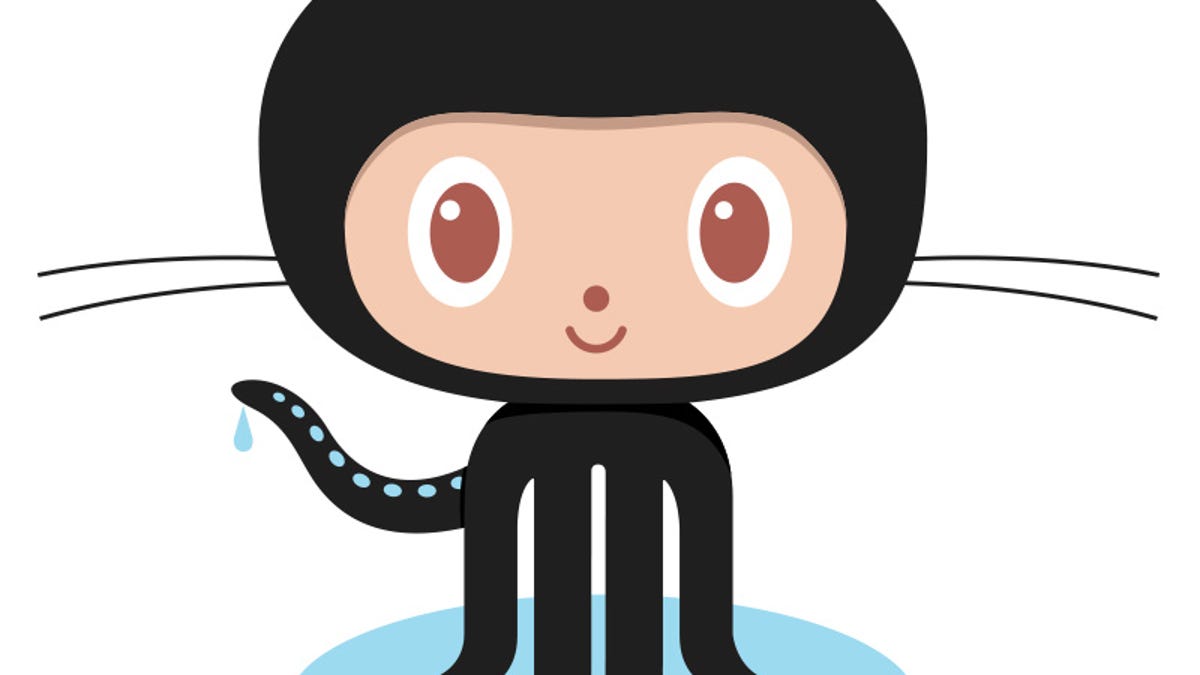Why GitHub hopes its low diversity numbers can drive change
For the code-focused website, getting on par with average diversity numbers in tech was an effort.

GitHub is trying to improve its diversity numbers.
GitHub knows it has a diversity problem.
In 2014, an employee went public with her experiences of harassment and discrimination by various co-workers, including the CEO and his wife. The mess spawned a multitude of articles and an internal investigation. The picture painted was that GitHub, a website where people can store and share software code for projects, was a toxic work environment for women.
The CEO resigned, though the company admitted no legal wrongdoing, and GitHub went through an overhaul.
Some months after, when the code repository took stock of its employee demographics, the numbers were not pretty. Sixty-seven percent of employees were white, less than 1 percent were black, 3 percent were Hispanic, 6 percent were Asian, another 6 percent were multiracial, and 17 percent didn't report.
It was clear GitHub needed to get its act together.
Enter Nicole Sanchez. She joined GitHub in the late spring of 2015 as vice president of social impact, after spending nine months as a consultant for the company as it was digging itself out of a hole.
"It's been a really painful but important starting place for us to make some real changes, because the alternative is not something anyone ever wants to experience again," Sanchez said.
In the process of undertaking a massive course correction, Sanchez called for GitHub to put out a diversity and inclusion report in a year's time.
GitHub isn't alone. The rise of diversity reports over the past three years has given the public an unsettling window into the homogeneity of the tech industry. More and more tech companies serve up their glaring weakness on the diversity front, in nifty, interactive reports filled with colorful pie charts that look far more cheerful than they should.
Most reports lean primarily on gender and race. GitHub's report, which it put out in May 2016, included age distribution and parental status, as well as info on women of color, which is a rare statistic to find. GitHub also knows about 2 percent of employees identify as transgender or nonbinary. Sanchez said she's had requests to add in info about veterans and even those with disabilities, highlighting the fact that diversity is incredibly complex.
In this way, Sanchez said, GitHub wanted to get on the more progressive end of diversity in tech. The idea is if one company starts including all these other demographics, maybe other companies will follow suit.
Diversity as a business move
Not everyone has a scandal, but the subject of diversifying tech is more prominent that it's ever been, with high-profile happenings like former Reddit CEO Ellen Pao's sexual discrimination lawsuit against Kleiner Perkins, Qualcomm's $19.5 million settlement over gender discrimination, or 2015's viral hashtag #ILookLikeAnEngineer.
As of May at GitHub, 36 percent are women, and 64 percent are men. In technical roles, the number of women drops to 22 percent. Women make up 35 percent of leadership roles, and men 65 percent. Its workforce in the US is 64 percent white, 12 percent Asian, 6 percent Hispanic, 2 percent black and 5 percent are two or more ethnicities. The remaining 11 percent is unreported.
After a bevvy of institutional changes like bias training and revamped recruiting practices, even expanded health benefits for LGBT employees, GitHub still has issues. For example, it doesn't have a single black person in a leadership role at the company, something Sanchez called "unconscionable."
So why release weak numbers? Looking at GitHub's report, much had changed, and yet, all that movement only put it on par with the rest of the sector, she said.
For Sanchez, diversity is a battle she's been fighting since 1999. She'd like to see GitHub be an advocate for transparency and push the industry forward.
In addition to nudging other companies to release more-transparent reports, there's another motivation. She wants the tech talent. In the past year, the company has doubled its workforce to 600.
"There is so much genius and talent in places that Silicon Valley has just completely ignored," she said. That means initiating community partnerships with organizations like CODE2040 and Black Girls Code, and not just recruiting from a handful of well-known universities.
Studies have shown there are reasons to assemble diverse teams -- diverse teams lead to diverse approaches to problem solving. Another study showed that companies with women in top leadership roles are more profitable. Diversity is a long-term play.
"I'll battle you for talent," Sanchez said, "but ultimately if a black woman engineer chooses your company over mine because it's a better fit for her, I'm so happy she has two really good choices for the first time maybe ever."

